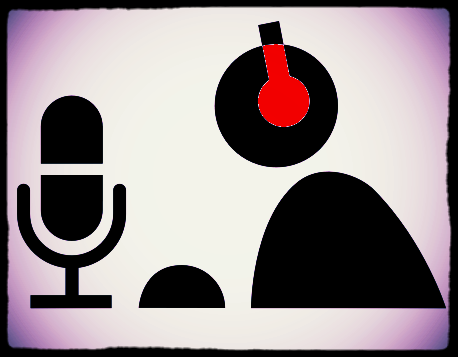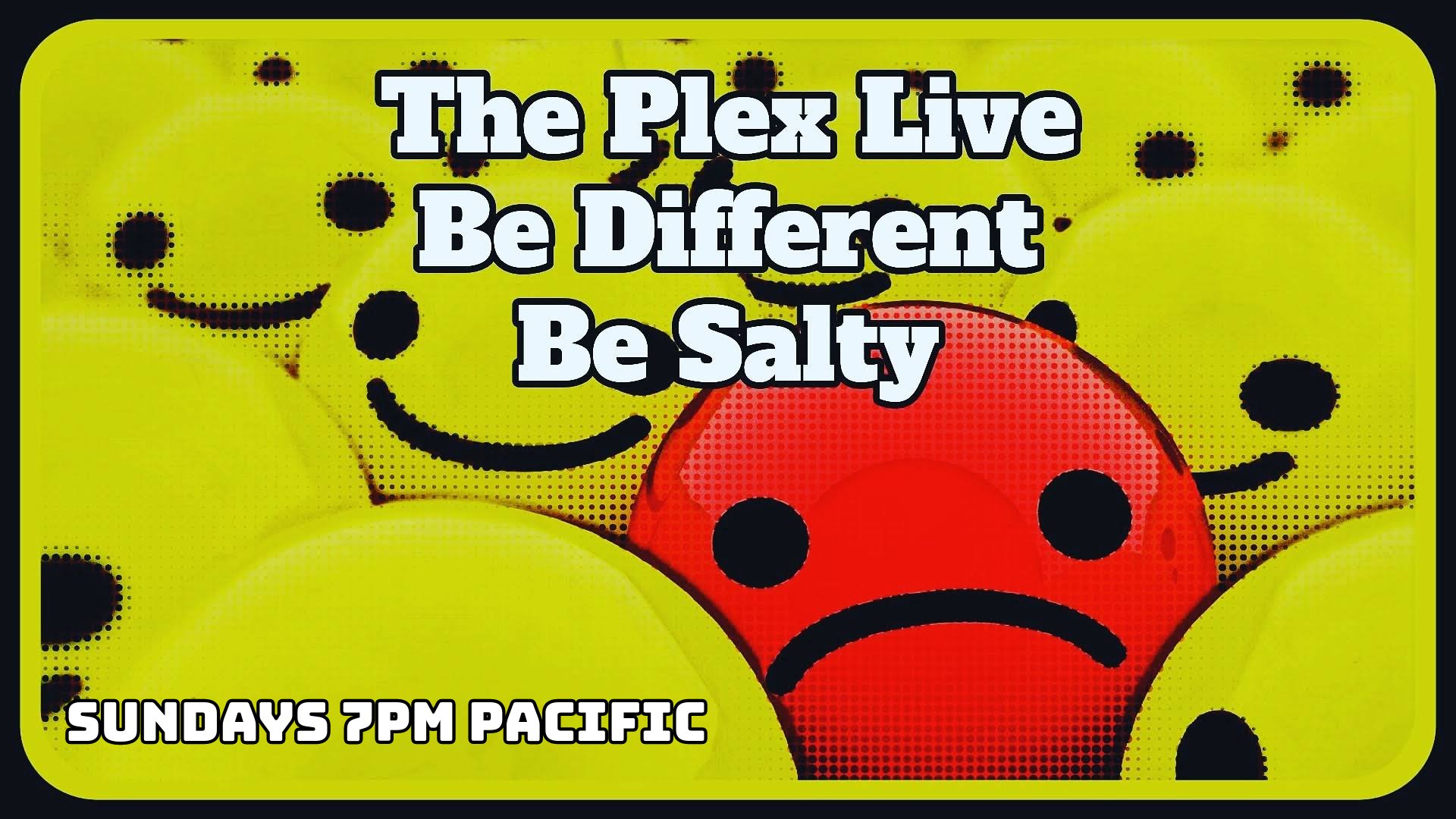James Conrad writes for BrokeAssStuart.com and plays guitar in Remedy Feelin'. He lives in San Francisco.
On 29 April 2025, the U.S. Attorney's Office for the Southern District of New York issued a press release declaring that the United States Department of Justice has reached a $202 million settlement with Gilead Sciences, a pharmaceutical company known for manufacturing antiretroviral drugs often used to treat HIV and AIDS. The settlement was approved by U.S. District Judge Paul A. Englemayer.
Gilead was the defendant in a civil fraud lawsuit in which the DOJ, citing the Anti-Kickback Statute and the False Claims Act, asserted that Gilead gave health care practitioners money and all-expenses-paid travel to attend and speak at events that were often little more than social gatherings, with little or no educational content on display. In return, the health care professionals would prescribe drugs manufactured and sold by Gilead, such as Stribild®, Genvoya®, Complera®, Odefsey®, Descovy®, and Biktarvy®, all of which contain tenofovir and emtricitabine.
Recently, critics of a California pharmaceutical and insurance law, California Senate Bill 159, passed in 2019, pointed to that law as creating a regulatory framework that could easily preference Descovy over Gilead’s prior PrEP medication, Truvada, where there was no clinical rationale for choosing one drug over the other. Truvada is now available as a generic, whereas Descovy is not. Therefore, the latter carries a much bigger price tag for patients, employers and taxpayers. The two drugs are considered equally effective for most patients despite the pricing differential.
Previously, critics of Gilead’s practices with regard to antiretroviral drugs used to treat HIV and AIDS called the company out for gaming the patent system to keep Truvada under patent, and as expensive as possible for as long as possible. In July 2023, the New York Times reported that Gilead had decided to delay the release of an updated tenofovir formula that was potentially less toxic to certain patients’ kidneys and bones than the previous formula. The company's decision was made specifically to prolong its patent protections, maintain a monopoly on the antiretroviral drug market, prevent competitors from producing less expensive alternatives, and keep the prices for its tenofovir-based drugs at a premium.
In sum, the activities at the core of the case settled last month do not represent the first time Gilead’s greedy and opportunistic way of doing business has gotten the company into trouble.
The claim regarding kickbacks and swanky travel was first filed in August 2016 by Paul Bellman, M.D., an HIV/AIDS specialist practicing in New York City. Shortly afterward, the U.S. Attorney's Office joined the suit.
First enacted in 1972, the Anti-Kickback Statute forbids pharmaceutical companies from offering doctors and other healthcare providers financial incentives to use the company’s products or services, for which payment may be made under Medicare, Medicaid, or other federally funded healthcare programs. Violating this law carries penalties including up to ten years in jail and fines up to $100,000 per count.
The False Claims Act, dating from 1863, provides the government with a means of pursuing litigation against persons and companies that defraud government programs.
Under the terms of the settlement, Gilead Sciences was ordered to pay a total of $202 million. The lion’s share of this sum – just under $177 million – will go to the U.S. government and the rest will be paid to several states in which Gilead held its events, including New York, Florida, Louisiana and Hawaii.
Gilead also admitted that from January 2011 to November 2017, it had paid hundreds of thousands of dollars to high-volume prescribers of HIV drugs to be speakers at its HIV Dinner Programs, which were often held at swanky restaurants ill-suited for educational presentations, much less those about AIDS; and that over 250 practitioners who were prescribing Gilead's drugs attended the HIV Dinner Programs on the same topic three times or more within a six-month period. The speaker programs also precipitated the submission of numerous deceptive claims to federal health care programs paid by Medicare, Medicaid, TRICARE, and the AIDS Drug Assistance Program.
A statement from Gilead following the settlement mentioned that the corporation agreed to the terms to “avoid the cost and distraction of potential litigation regarding this legacy compliance matter.” The statement also reads, “Gilead’s HIV speaker programs have served to educate healthcare professionals about the appropriate use and benefits of these important medicines. These efforts are important for healthcare providers and patients to have the necessary information to make the best decisions for their care. Gilead’s therapies have transformed the treatment paradigm for HIV, and Gilead will continue to drive innovation to meet patients’ needs.”
Obviously, the DOJ has a different opinion, along with the receipts to back it up.











